Stirpreneur
The Mistakes I Made As A Young Emerging Farmer
Published
3 years agoon

Clarence Tinashe Mashavave, 03/03/2021
I finished my 1st Degree in June 2017. It was a Bachelors in Agricultural Economics. After finishing the program, I already had a job waiting for me where I had done my industrial attachment. It was an office job in a company specialising in exporting horticultural produce.
As a family, we have a farm (53ha) 36km away from the Harare CBD. We always did grains but had never broken the barrier where we would say, we are farming commercially. We always had enough up to the next harvest season for ourselves, the extended family and our workers.
I figured that, if I would do at least half of what I did at the company which I had worked for, I may be able to turn around our fortunes at the farm and so, I politely asked my boss to bear with me until the end of the year, so that I can also leave my family at a better level on the farm.
My family deserved a little bit of a plough-back for all the schooling they had put me through.
After I told them of my decision, I saw my dad being so proud of me in a way I have never before. I had become the son he had always wanted. Some of the family members also thought that with my degree program, this was a perfect use of it.
Thereafter, I drafted a very ambitious proposal and thank God, some family members were willing to invest.
I did not want to do away with the grains side, and so, from the usual 6ha, I increased to 15ha and added 2ha of intensive horticultural produce, 1ha for tomatoes (in stages of cause), and a 1/4ha each for beetroot, carrot, butternut and red & yellow pepper.
This approach was meant for me get market trends and familiarity of what works so that when I go back in, I will be well informed through experience.
I went to South Africa and bought very strong but relatively cheap drip irrigation lines, and submersible pumps for two (2) boreholes plus a booster pump and then had an irrigation engineer to design a system for me.
More-so, I bought tanks, some pipes, seedlings, seeds, fertilizers, chemicals and a good 2nd hand tractor plus some implements and then recruited a serious team which I had worked with before. To me, everything was set and as for funding, I was good.
Fast forward to when the crops were ready for the market.
The maize had an average to good yield which managed to offset our command agriculture balance and this meant less capital to invest back, because of the vigorous marketing strategy that I had learnt during industrial attachment. Marketing was my forte.
All the crops did very well except beetroot. The money started coming in – (fast and furious). I was getting a notification of money coming in almost every day.
Within two (2) months from the start of harvest, I had almost generated half of the money invested in total, but I was looking to get it fully back in the second cycle.
I figured that business was going very well for me to even consider to go back to work where I could just get official work experience on my CV. At that time, I even registered for a Master’s Degree.
The plan was to go to work, study at night and then go to the farm every weekend. But that’s when things started to go south as I shall highlight in point form below.
1. Work was just as demanding as was school and the farm.
2. There was a system at the farm, but it was literally centralised on me. The system followed me and this means that it depended on me. As such, the produce started to accumulate at the farm since the frequency of deliveries had reduced. I usually did all those tasks.
Now, I had to sometimes go to the farm at 3am to collect and deliver the produce so that by 8am, I will be in the office. After work, at 4pm, I would go to the farm again to collect and deliver the produce.
I started being inefficient both at work and with customers. My bosses and the market were now all complaining. I had also become too tired for my studies.
3. At this point, no one was managing the workers since I was the one who usually did that. There was great negligence indeed. One day, I sent a driver for a delivery and had notified the supervisor that in the morning, I needed about 300kgs of carrots which were then collected and delivered.
I had built a great relationship with managers at supermarkets, and so the manager called me and said “Please come through because it is urgent, it’s about your delivery.”
I rushed there from work at 8:30 in the morning and saw that all the carrots were not washed. The manager being an older guy said today you have to learn, I still want your carrots there is the tap.
I had to put my suit jacket in the car, removed my tie, folded my sleeves, and then started washing and grading all the carrots by myself. I never told anyone about this before, this was more embarrassing than it was hard.
4. I heard that one of the tanks and the booster pump was stolen. There was a night guard, but he just said he was scared even though he was armed. I then realised that most of my things, including inputs and produce was now being stolen by the workers.
5. Recklessness became the order of the day at the farm. All the drip lines were removed after the pump was stolen and only to be piled in the edges of the main house. When I went there after almost 2weeks, the rats had dealt heavily with all the pipes. I had no drip lines anymore.
When I saw them piled in a cabin and decided to roll them nicely, that’s when I decided to do this thread. All my tanks one after the other were just falling and breaking some way somehow.
6. Because of my poor follow ups on the market because of my divided attention, one of the major clients, a very big company started paying my money for 2 or 3 deliveries. I did that for about 5 tonnes of produce in batches.
The 1st payment came after 6months. This really hit me hard. Maintenance at the farm was now difficult. I started doing cash deliveries that would literally pay enough to cover transport costs.
It was a mess.
I remember delivering a truck load of cauliflower to Mbare and they said they could only pay $40 and I asked if they meant for a crate but was told it was for the whole truckload. They called each other and said the market was flooded (oversupplied). I just had to leave the produce.
7. I started losing all of my best workers and this was one of the final nails on the coffin. Through all this my dad was the one trying so hard to hold the fort but it was just not the same. The money I earned per month I could literally get it every day from selling produce.
What drove me back to work? Fear of the unknown.
I did not look at farming as a career but a side hustle. I always wanted to work for the United Nations and I thought I needed work experience. I thought I could manage. I was overzealous and started too big a little too soon though I had the funds.
Ultimately in the end, it was a major loss. I can imagine if it was money borrowed from the bank. I would now be indebted for the most part of my life trying to pay off.
My major take away from all this was that farming is not a hobby, it’s not a side hustle. It’s not even a job or career. Farming is a way of life. It can not just be a part of you, it has to be you.
It’s not enough to invest your money. You have to invest your passion, your time, sleepless nights, hard-work, dedication, accountability and responsibility.
Right now, I am trying to get back in the game by applying what I learnt during that period and what I am learning from others. I can not wait to share my success story one day. The vision and dream is now even bigger.
Lastly, I believe 20% of life is what you make it, the 80% is how you take it. No matter the hardships which you face, as a farmer, you must make sure that you always have something on the ground no matter how small or little. STAY IN THE GAME.
Clarence Tinashe Mashavave is an Agricultural Economist and a Farmer.
The original version of this article was first published in the STIRPRENEUR MAGAZINE (Launch Edition, September, 2020).
STIR is a Trust founded initiative whose mandate is to institute and develop entrepreneurial skills on both new and existing entrepreneurs.
Clarence Tinashe Mashavave is a farmer and an Agricultural Economist



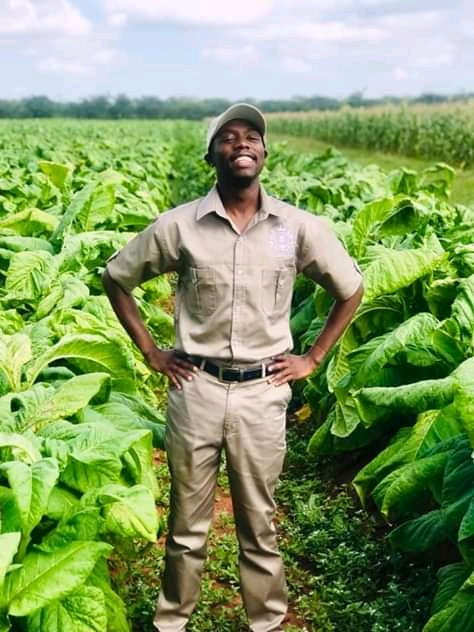
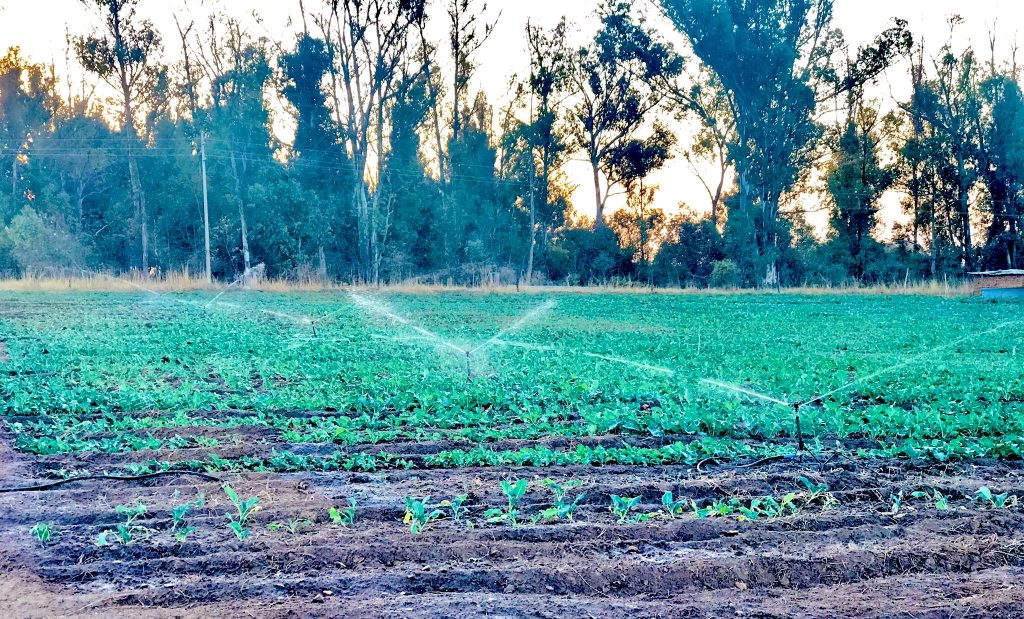
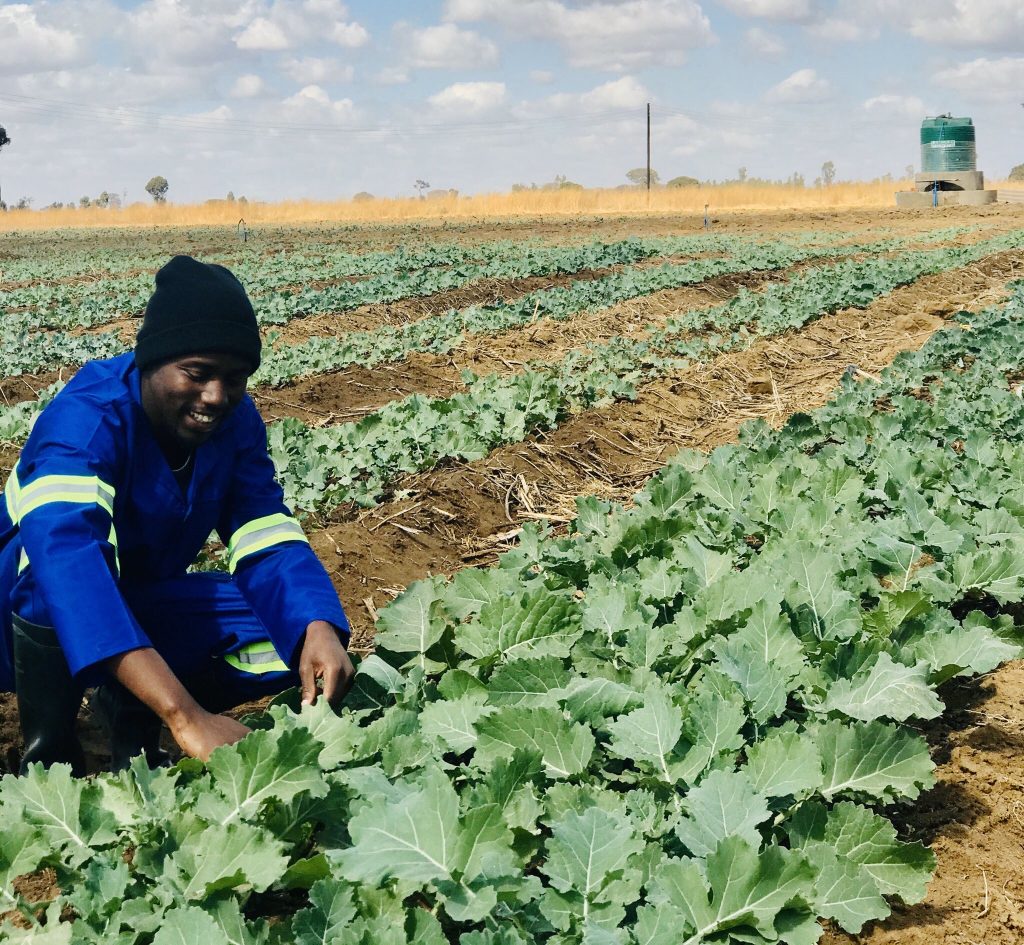
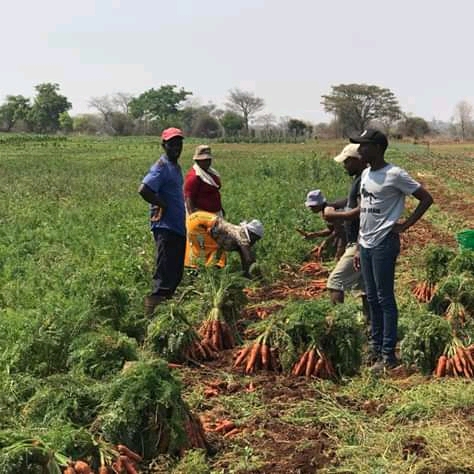
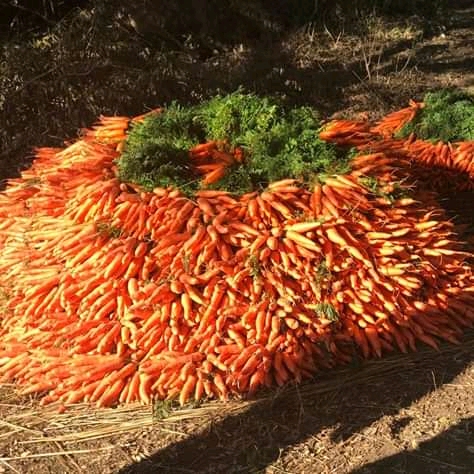







Warning: Undefined variable $user_ID in /home/iniafrica/public_html/wp-content/themes/zox-news/comments.php on line 49
You must be logged in to post a comment Login